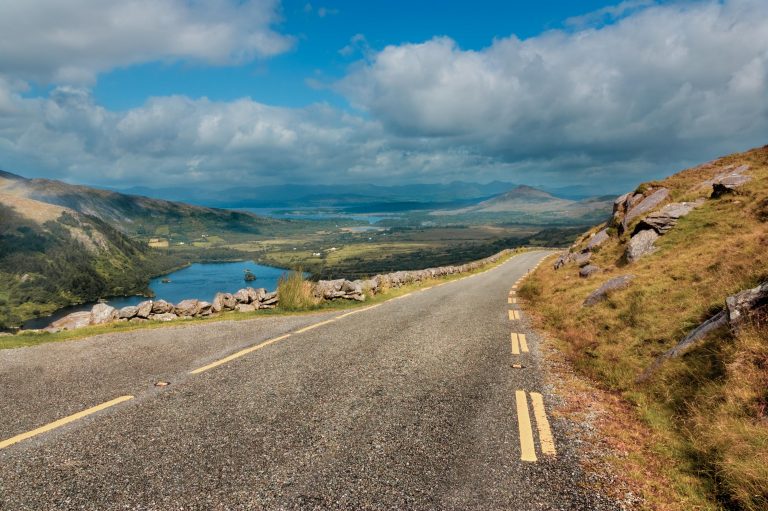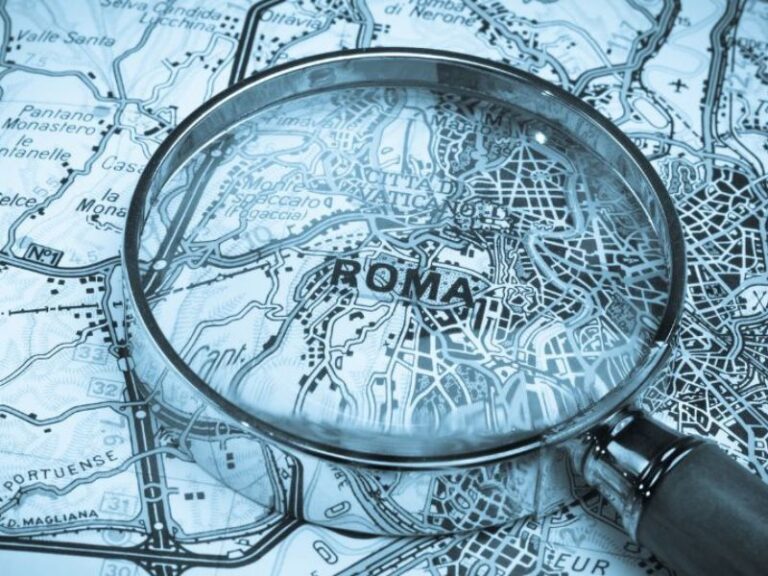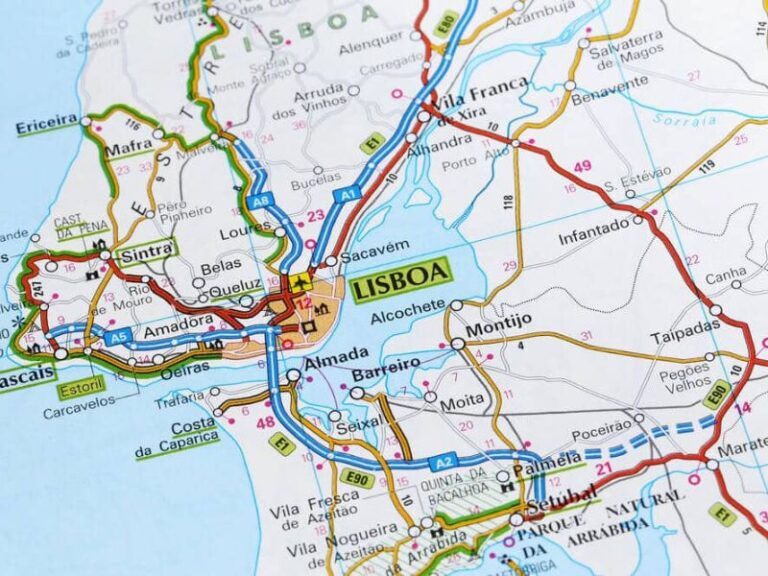Is Portugal in Europe? The EU? Or the Schengen Area?
Live Adventure Travel contains affiliate links and is a member of the Amazon Services LLC Associates Program. If you make a purchase using one of these Amazon links, I may receive compensation at no extra cost to you. See my Disclosure Policy for more information.
Travel makes us curious, it makes us want to learn more about places that have different foods, landmarks, and cultures from our own.
Perhaps our interest was sparked by a TV show or an online video. Either way, knowing where each destination you plan to visit is located is an extremely important task.
Portugal is a country that many people around the world are interested in. It has become a popular tourist spot thanks to its beautiful architecture, tasty food, and coastal location.
But…where is Portugal? Is Portugal in Europe? The EU?
OR…Is Portugal a Schengen country?
In this article, we are going to dive deep into Portugal’s location and the impact it has on travel and the world.

Is Portugal in Europe?
Yes, Portugal is very much part of the continent of Europe. It is in the southwestern part of Europe, with Spain to the north and east and the Atlantic Ocean to the west and south.
It is also well-known for being located beside both the Atlantic Ocean and the Mediterranean Sea, much like Italy. As a result, the weather is mild, making it a great place for tourists all year.
Is Portugal in the EU?
Yes, Portugal is a part of the EU. This means you don’t have to show your passport or go through customs when you come to Portugal from another EU country.
It makes it easier for people traveling within the European Union to experience different cultures.
Is Portugal a Schengen country?
Yes, Portugal is in the Schengen Area.
The Schengen Zone is made up of 26 European countries that have agreed to let people travel freely between them. People who want to visit more than one of these countries don’t need to get a separate visa for each one. They can go anywhere in the Schengen Area with just one visa.
However, those not from the EU can only stay for 90 days in any 180-day period. This makes Portugal a great addition to any extended trip through Europe.
Does Portugal use the Euro?
Yes, Portugal uses the euro as its official currency. It adopted the Euro in 1999, along with several other European countries, in a move to foster economic stability and ease cross-border trade within the European Union.
This means that if you are traveling to Portugal from another country in the Eurozone, there is no need to worry about currency exchange.
What impact did Portugal have on Europe?
Portugal’s role in Europe has greatly impacted the continent in terms of trade, history, and culture.
In Europe’s history, the Age of Discovery, which was led by Portuguese explorers, was very important and had a big effect on how people traveled and traded.
Portugal is also quite a popular spot for tourism, thanks to it’s mild to moderate temperatures throughout the year. This evidently leads to more financial gain for the European Union.
Geography Facts About Portugal
- Portugal is the westernmost country on mainland Europe, bordering only one country, Spain.
- The Tagus River, Portugal’s longest river, splits the country into two halves.
- The highest point in Portugal is Mount Pico on the Azores, standing at 7,713 feet (2,351 meters).
- The Portuguese coast is rather long, spanning approximately 1,794 kilometers, with plenty of beautiful beaches to explore.
- Portugal’s capital, Lisbon, is one of the oldest cities in the world.
- One of the most popular regions in Portugal is the Algarve. This area is known for its stunning cliffs and golden beaches.
- Portugal includes two archipelagos in the Atlantic Ocean: Madeira and the Azores.
- The country has a Mediterranean climate, meaning it enjoys hot and dry summers and mild but rainy winters.
- The Douro Valley, a UNESCO World Heritage Site, is home to terraced vineyards where the grapes for Port wine are grown.
- Portugal is home to a pretty diverse landscape, with mountains in the north and rolling plains in the south. Which is pretty impressive for it’s size.

Is Portugal in Europe? – FAQ
Is Portugal considered Europe?
Yes, Portugal is considered part of Europe, being in the southwestern part of the continent.
Is Portugal in the EU?
Yes, Portugal is a member of the European Union. It joined the bloc in 1986 and has since played a significant role in EU affairs.
What is Portugal’s role in the EU?
As a member of the EU, Portugal has a say in policies and decisions that affect all EU member states. In addition, it gets money for development projects and can trade and move around freely within the EU.
Why did Portugal join the EU?
Like most other EU countries, Portugal joined for a more stable economy, economic boosts, and to build stronger diplomatic ties.
When Portugal joined the EU, it got access to a bigger market and money for setting up its infrastructure.
Can you use euros in Portugal?
Yes, you can use euros in Portugal. As a member of the European Union, Portugal adopted the euro as its official currency in 2002. This makes it convenient for travelers coming from other eurozone countries, as they do not have to worry about exchanging their currency.
Why is Portugal not part of Spain?
I’m not sure why, but many people think that Portugal is part of Spain. Portugal is it’s own country, with an independent culture, customs, and language.
Is Portugal cheap or expensive?
Portugal is quite an affordable place to visit. While prices may vary depending on the region, it is generally considered to be an affordable destination compared to other European countries. What is
What is the capital of Portugal?
The capital of Portugal is Lisbon. Known for its rich history, vibrant culture, and stunning architecture, Lisbon is a bustling city that attracts millions of tourists each year.
All looking for a safe, afforable and fun destination to visit.
What language do they speak in Portugal?
The official language of Portugal is Portuguese. It is a Romance
What time zone is Portugal in?
Portugal operates on Western European Time (WET, UTC +0) or Western European Summer Time (WEST, UTC +1) during daylight saving.
This time zone also includes other countries like the United Kingdom, Ireland, and Iceland.
The transition to daylight saving time happens on the last Sunday of March, when clocks are advanced one hour and turned back one hour on the last Sunday of October to standard time.
Conclusion: Is Portugal in Europe?
I hope you enjoyed this post, and it’s answered all your questions about Portugal’s location.
To summarize, yes, Portugal is in Europe, a country with unique culture, traditions, and language, which is called Portuguese.
It is located in the western part of the continent, offering mild to hot temperatures throughout the year. This makes it the perfect destination for holidaygoers.
Portugal also has a big impact on European trade with its ports, making it an essential country for commerce and transportation.
Overall, Portugal’s location in Europe and its stunning landscapes, rich history, delicious food, and friendly people make it a must-see place.





